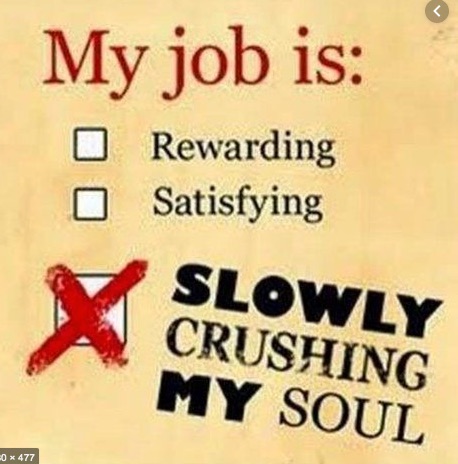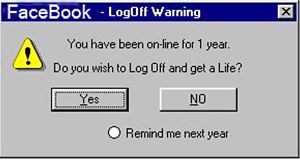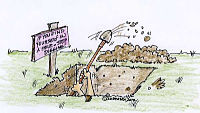Job satisfaction is cited in many employee surveys as the #1 factor for staying in a job. But what is job satisfaction and how do you measure it?
First, let’s be honest, there is no such thing as a perfect job where you are 100% happy and satisfied all the time. The world is just not organized that way! Second, let’s look at two key aspects of a job: (1) your key responsibilities or core job duties, and (2) the context or work environment in which you perform those duties.
Core Job Duties
Most job descriptions list about 10 key responsibilities that you are expected to perform regularly. Ask yourself, what percentage of an average work day do you spend performing job duties that energize or stimulate you, as opposed to drain or bore you? One key to job satisfaction is to spend 60% of your day or more performing job duties that energize you. Because, let’s face it, many job duties are just grunt work, things you can do but don’t really enjoy doing—in fact, you probably roll up your sleeves, grit your teeth, and wipe the sweat off your brow to get them done. This is the down side of your job.
Job satisfaction often depends on your ability to limit the downside of your job to 40% of your key responsibilities…which means that the remaining 60% of your job duties should engage your strengths and motivations—things you do naturally and effortlessly. But, in my experience, most individuals end up performing dull or boring job duties 60-90% of their day, which is a recipe for stress and burnout…and helps explain why depression is the number one workplace disability today. Why would you want to go to work and spend most of your day performing boring or dull job duties?
This 60/40 split becomes increasingly important as you grow older and have less energy available to you. However, you need to be aware of the likelihood that many times this ratio may slip to 40/60, in which case you may feel drained by brief periods of routine work. This is nothing to be alarmed about as long as the ratio returns to 60/40 in due course; if it doesn’t, you’ll need to take action.
Work Circumstances
Besides a 60-40 split in terms of core job duties, job satisfaction is often a result of certain factors, such as good relationships with co-workers, especially your immediate supervisor. You could have the best job duties in the world but if your compensation doesn’t allow you to pay the bills or get ahead, then job satisfaction declines. Or, perhaps your commute is killing you. Or, your metabolism can’t adjust to shift work. Being in work circumstances that align with your values, priorities and preferences also contributes to job satisfaction.
For example, numerous studies point to the following factors that influence satisfaction on the job: a lot of job security; relatively high incomes or university degrees; how much say you have over what you do and the way you do it; small workplaces; the amount of time you spend commuting or working at home; dealing with people; who controls the pace of work is critical…tight deadlines and high-speed is a source of job dis-satisfaction for many people; while small freedoms—such as being able to move your desk or change the lighting—adds to job satisfaction for others.
As you can see, jobfit and career satisfaction are influenced by many factors related to what energizes you in terms of core job duties and what brings out the best in your in terms of a work environment.










